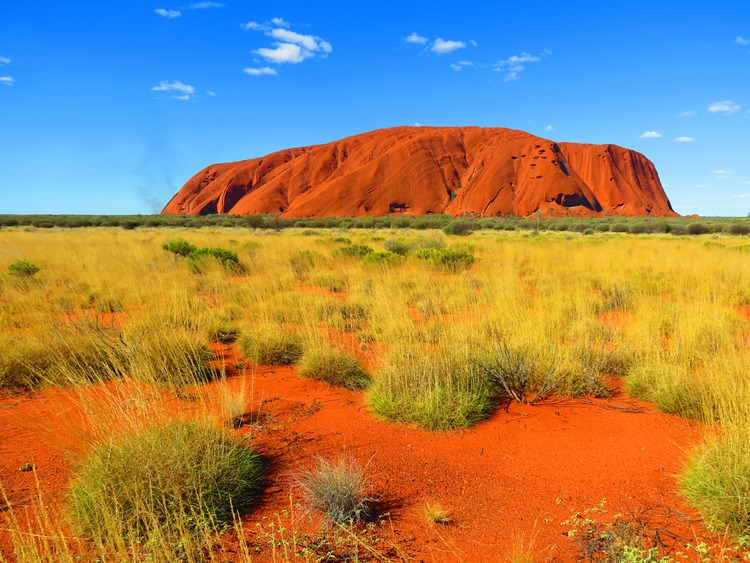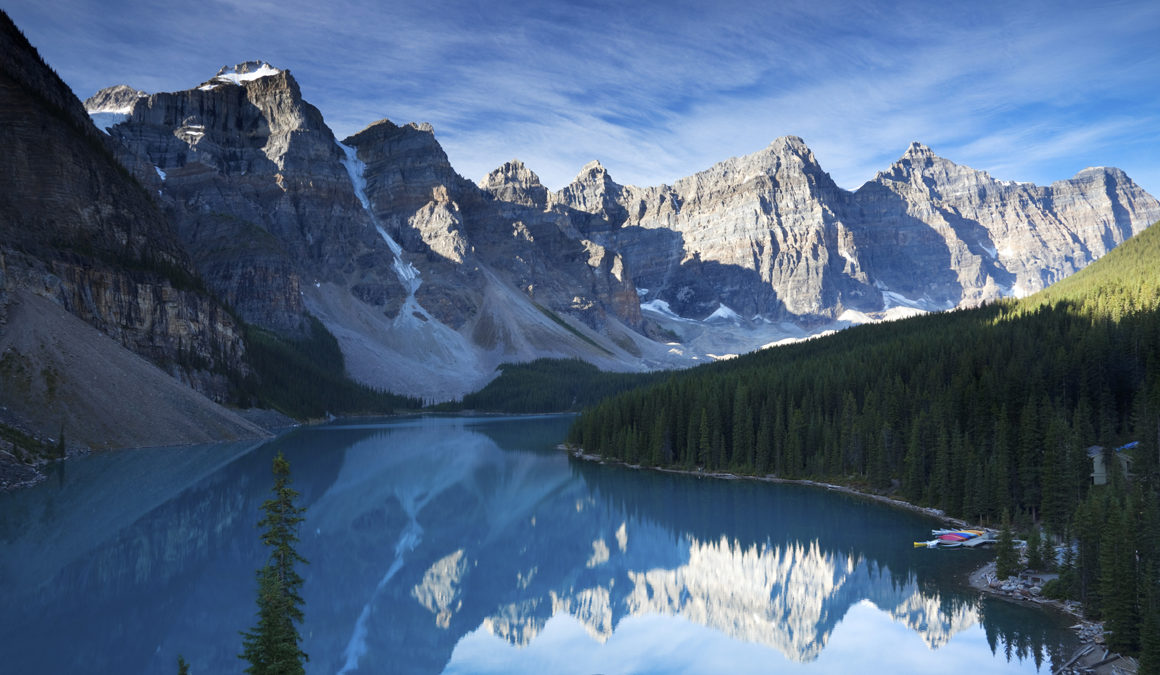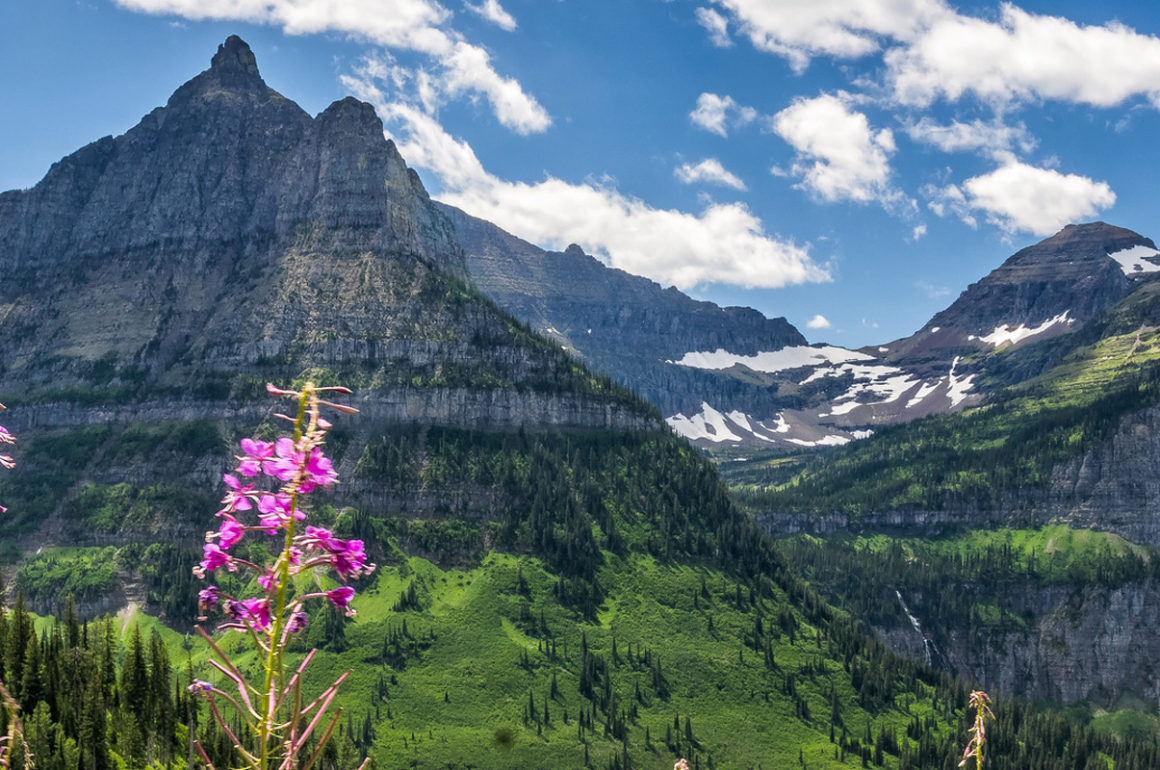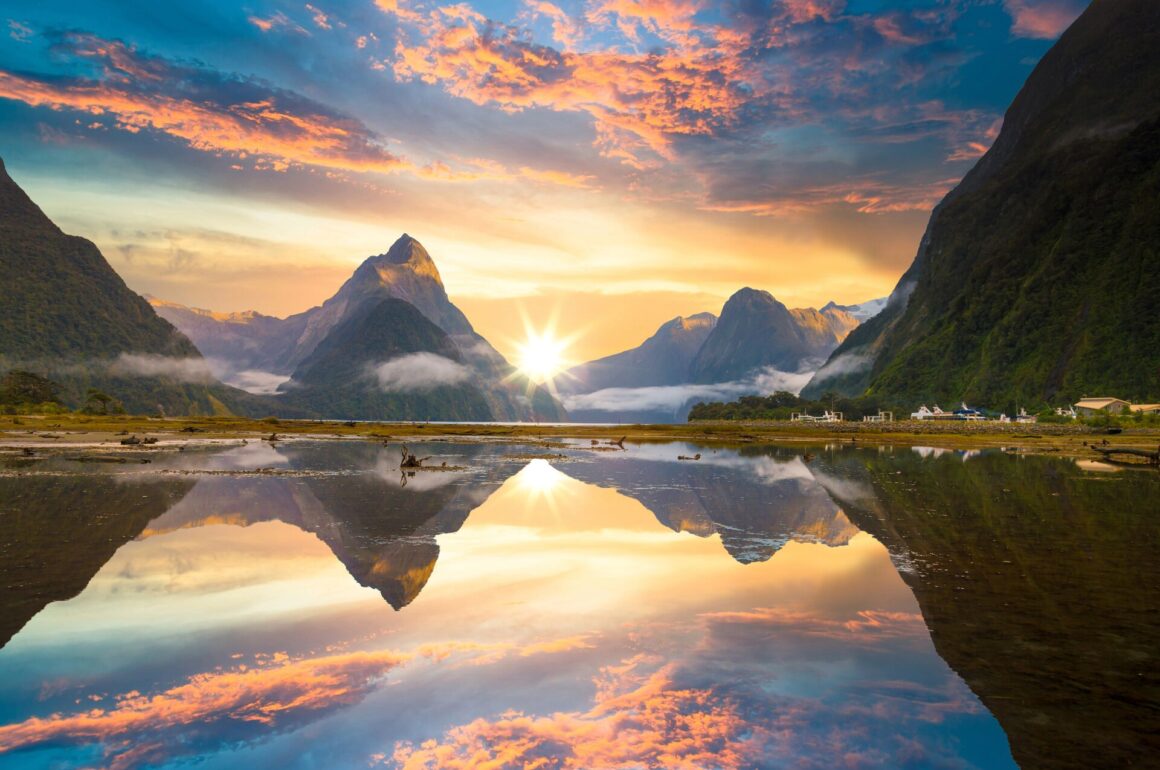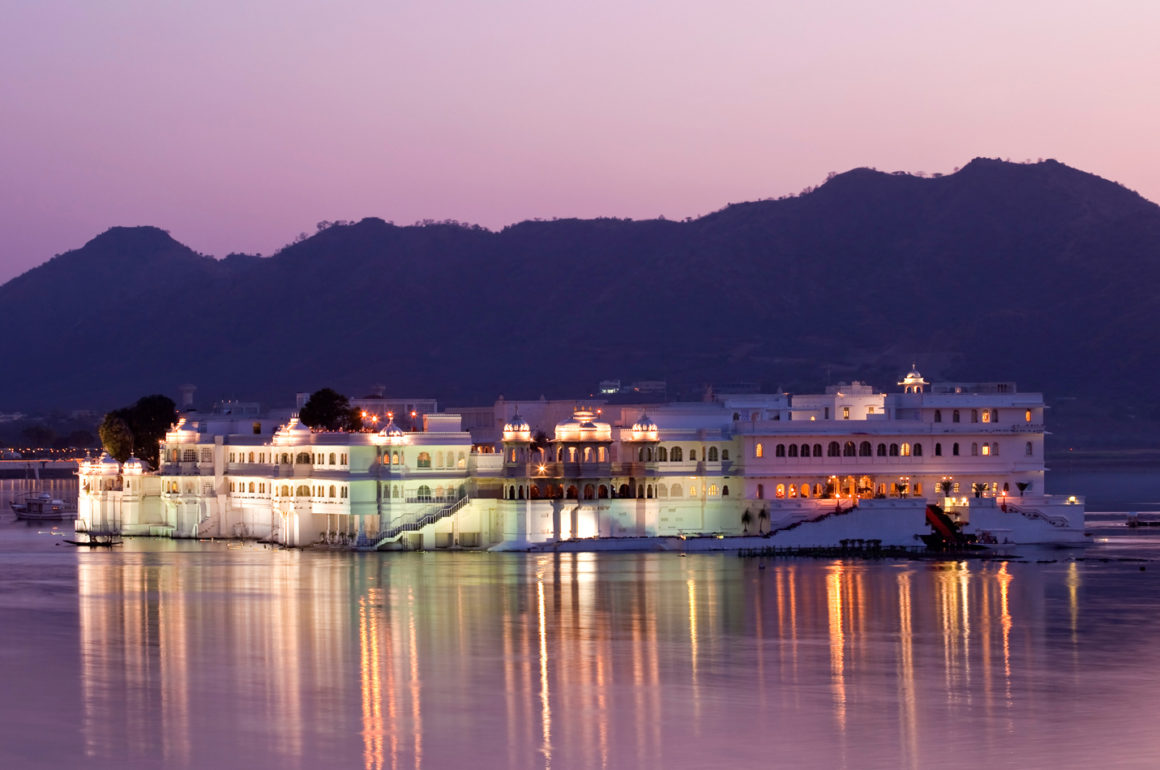Rising 1,140 feet above the surrounding flat plain, Uluru is an extraordinary sight. As the world’s largest rock monolith, Uluru is taller than the Eiffel Tower and the Chrysler Building. The base alone spans a massive 5.8 miles in circumference. Set in Uluru-Kata Tjuta National Park, Uluru began forming around 550 million years ago. This iconic landmark is fondly known as the heart of Australia’s Red Centre in the Northern Territory – but it’s much more than an enormous rock. Uluru is a sacred landscape for the traditional owners of Uluru-Kata Tjuta, the Anangu Aboriginal people, one of the oldest continuous cultures in the world. In honour of World Heritage Day, we look at the cultural and spiritual significance of Uluru, Australia, and share how you can experience the wonder of Uluru on our Inspiring Australia tour.
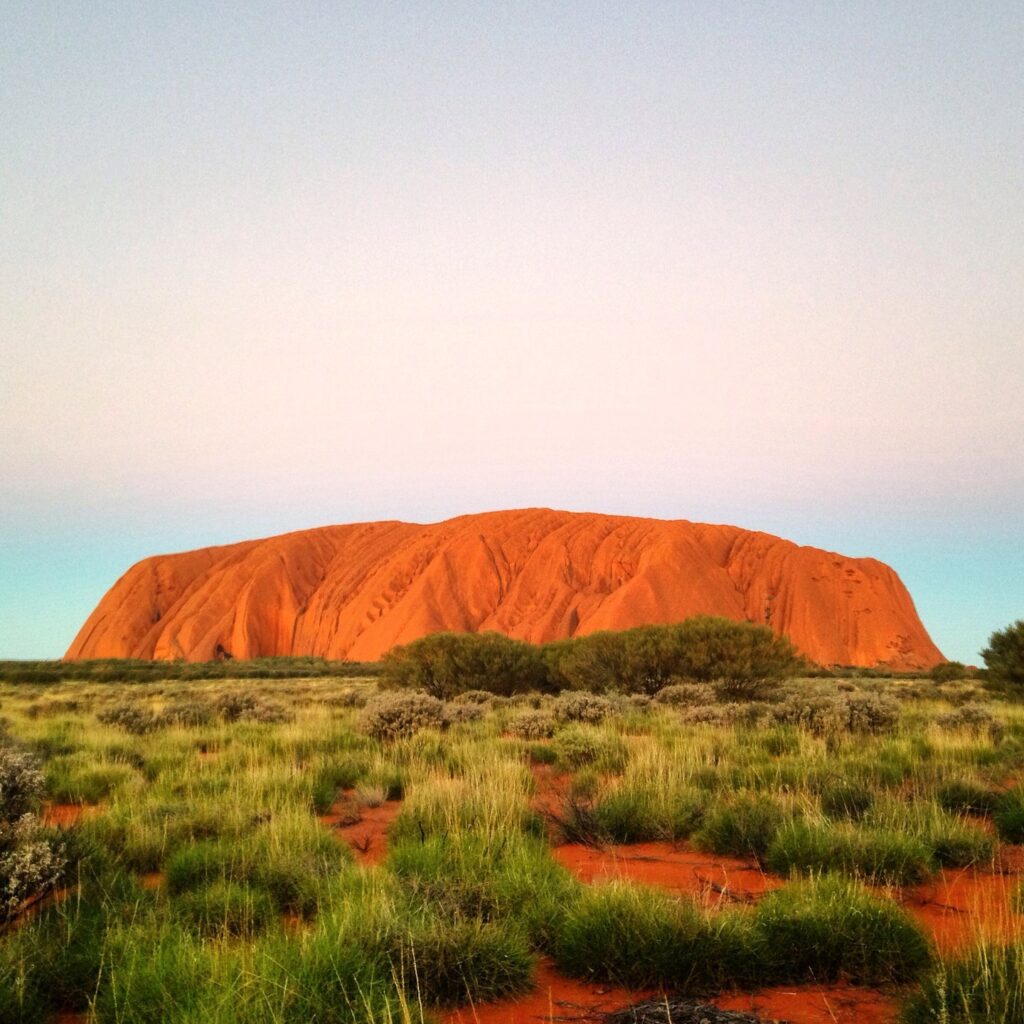
@exploreuluru
The traditional guardians of Uluru
When you set eyes on the red sandstone monolith, you’ll marvel at the sheer size and impact of Uluru, a UNESCO World Heritage Site. But if you observe Uluru transforming throughout the day in different shades of red, orange and violet, you’ll know you’re witnessing something truly remarkable.
Towering above the red desert plain, over 280 miles from the nearest large town (Alice Springs), the remoteness of the landscape lends itself to the powerful atmosphere that Uluru evokes. But this is far from untrammelled land. The Anangu people have been the guardians and traditional owners of Uluru-Kata Tjuta for over 60,000 years. Anangu is the name used by Pitjantjatjara and Yankunytjatjara Aboriginal people to refer to themselves. Pitjantjatjara and Yankunytjatjara are the two main languages spoken in Uluru-Kata Tjuta.
Read more: Acclaimed Sydney restaurant Bennelong and its love affair with Australian food

@exploreuluru
The spiritual significance of Uluru
Uluru and the nearby domes of Kata Tjuta are places of great cultural and spiritual significance to the Anangu people. The Anangu believe Uluru was created as a sacred site by their ancestral beings at the beginning of time. The traditional story says that each region of Uluru was formed by around 10 different ancestral beings. Uluru has several caves and fissures, also formed by ancestral beings, and the Anangu people still hold ceremonies in these caves. There is incredible physical evidence of this culture throughout the landscape, including rock art and remnants of ancient ceremonies and rituals.
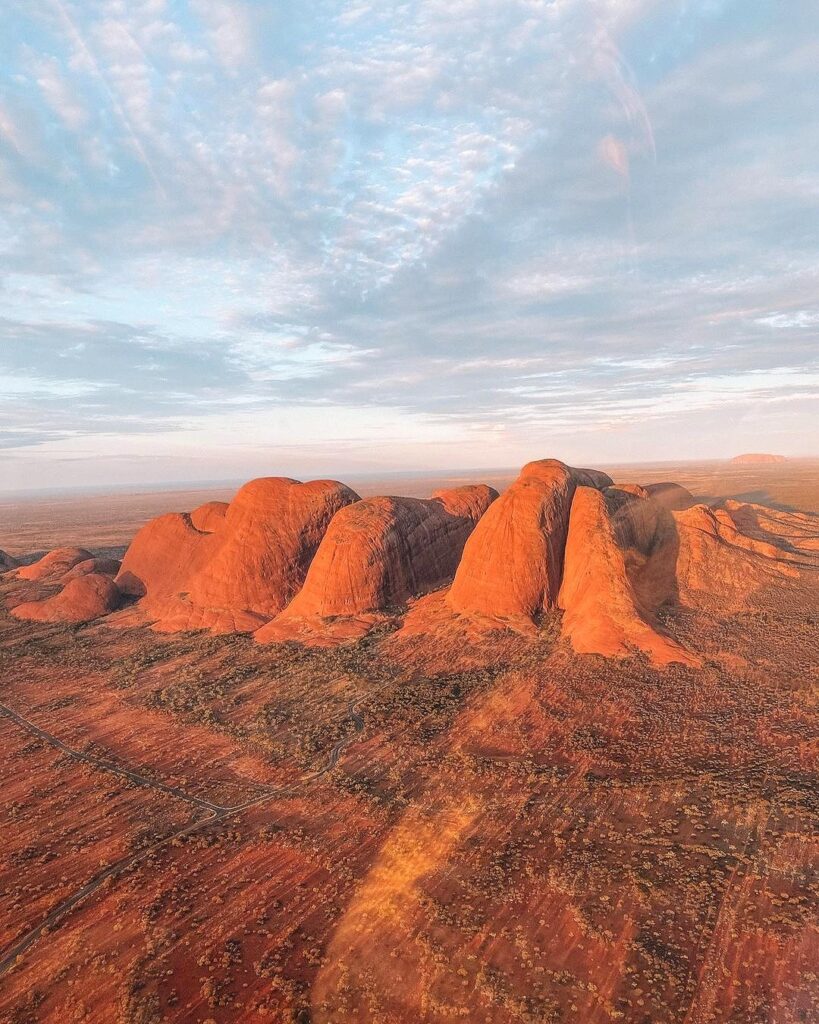
@exploreuluru
An unbreakable spiritual connection
For the Anangu people, Uluru and the nearby Kata Tjuta domes aren’t just rocks. They are living cultural landscapes and resting places for ancient spirits. The Anangu people live by Tjukurpa, the foundation and philosophy linking the people to their ancestors and the world. It governs everything from their customs and laws to mapping important places to find water and food. It also expresses their relationship between people, places, animals and the land. Tjukurpa is conveyed in stories, rituals, song lines, art and the landscape, and Uluru is an important part of this.
This spiritual connection to Uluru and the land remains strong today. The Anangu people continue to fulfil their duty to care for the earth and pass on their traditions and beliefs. Since the European discovery of Uluru, this sacred site has been horrifically mistreated, from the land being stolen to people climbing the rock face of Uluru despite the spiritual violation. In 2019, people were finally banned from climbing Uluru and the trail to the top was permanently closed. The Anangu people will continue to fight to protect their unique and ancient culture, history, and way of life.
Read more: Ayers Rock Resort: where to stay in Australia for a truly memorable experience
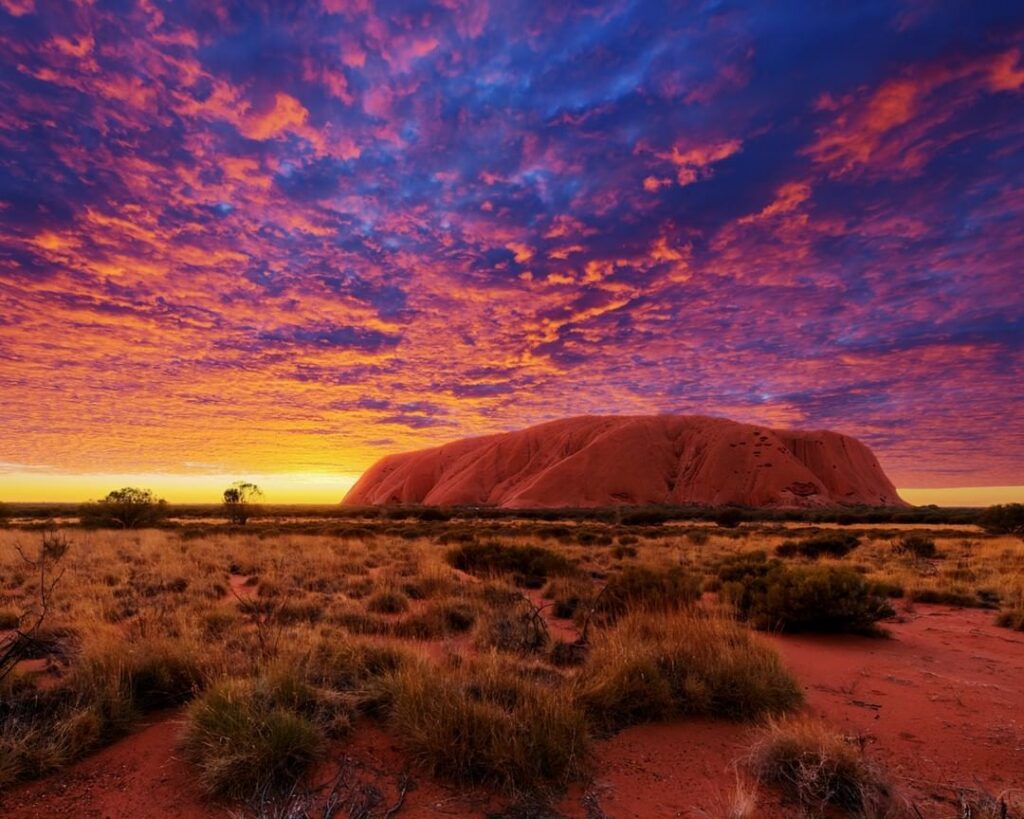
@exploreuluru
Remarkable learning experiences
When you visit Uluru in Australia, you’ll see how this special region is an educational beacon and hub of information, with physical links to an ancient world. There’s a living history within the Anangu people who live much the same way they did thousands of years ago.
You’ll have the chance to witness some of these traditions on our Inspiring Australia tour. You’ll stay right on the edge of Uluru at the five-star Sails in the Desert and hear some of the ancient stories of the Anangu people. Experience the wonders of Uluru at sunset when you listen to the didgeridoo during the award-winning Sounds of Silence dinner. You’ll take guided walks through Uluru-Kata Tjuṯa National Park and learn about the importance of the land. Then see Uluru in a new light at sunrise when you witness Bruce Munro’s enchanting Field of Light art installation. The coloured glass spheres light up the desert in a magical experience.
You can experience the wonders of Uluru-Kata Tjuṯa National Park on our Inspiring Australia luxury tour, which takes you from the Daintree Rainforest and the Great Barrier Reef to the Outback, Alice Springs and Sydney.

@exploreuluru



